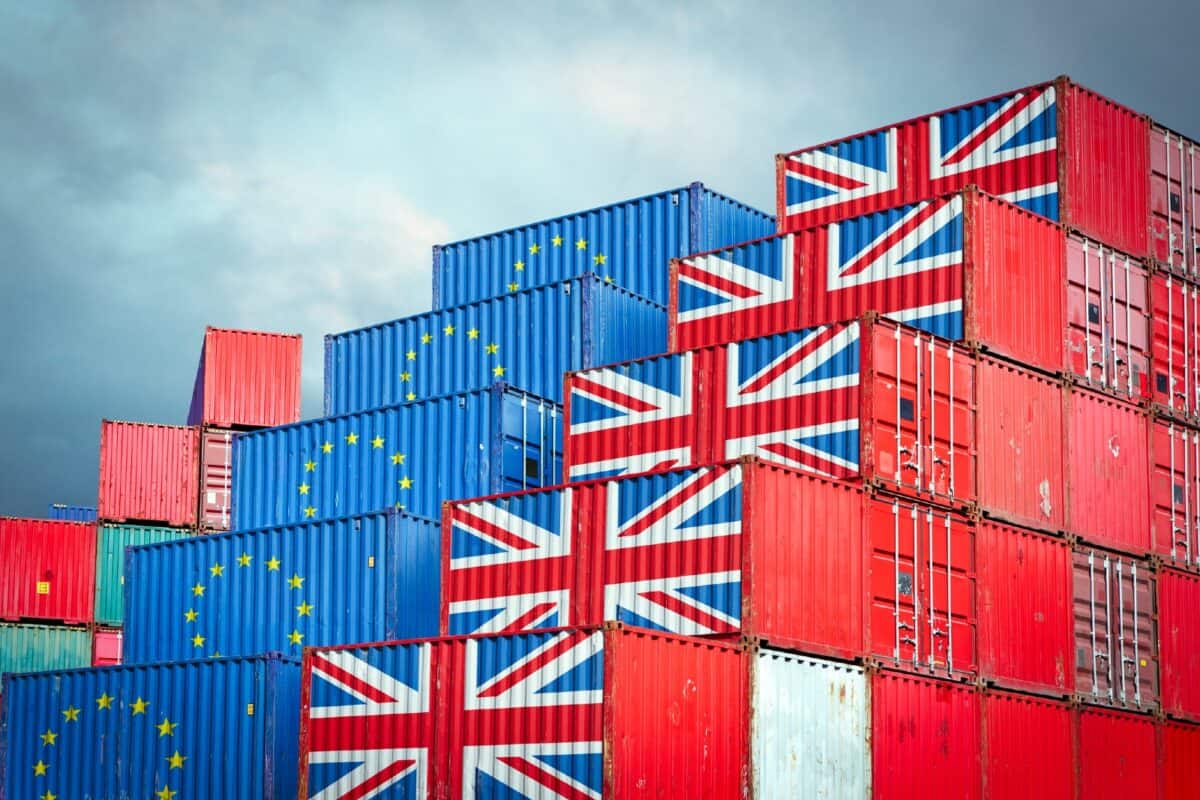Climate change is arguably the biggest existential threat humanity and other living beings inhabiting the earth have ever faced. Anthropogenic activities such as burning of coal and other fossil fuels as a source of energy – that releases greenhouse gases into the atmosphere – to power industrialisation and luxury lifestyle mainly in now-developed and rapidly developing countries have been the major factors driving climate change. The more greenhouse gases in the atmosphere, the quicker and severer the climate change.
Global warming and changing weather patterns are its striking features. But, unjustifiably, those disproportionately affected by it are not the ones largely responsible for it, but the poor and least developed countries (LDCs), Land Locked Developing Countries (LLDC) and Small Island Developing States (SIDS) that have negligible roles, if at all. One such unfairly impacted country is Nepal, where ravages of climate change is seen everywhere – from rapidly melting of snow in the Himalayan glaciers to growing heat waves, drought and other extreme climatic events in frequency and duration – and its ramifications endured by people in every pocket of the country.
It is exactly these issues concerning the horrendous impacts and the international support to these countries as a climate justice and a coping measure that Prime Minister KP Sharma Oli underscored recently as he delivered his key speech at the 79th Session of the United Nations General Assembly (UNG.


















